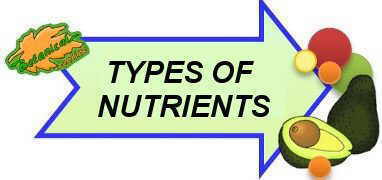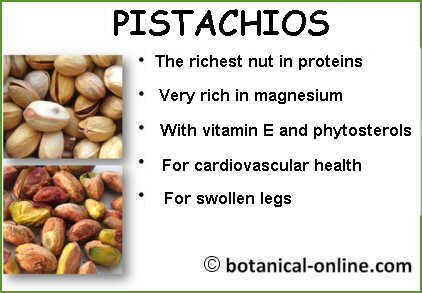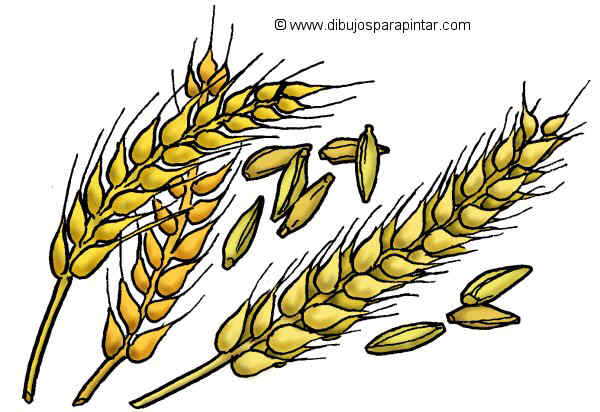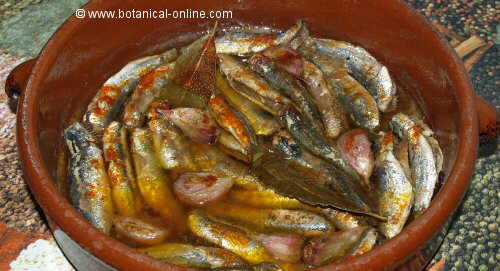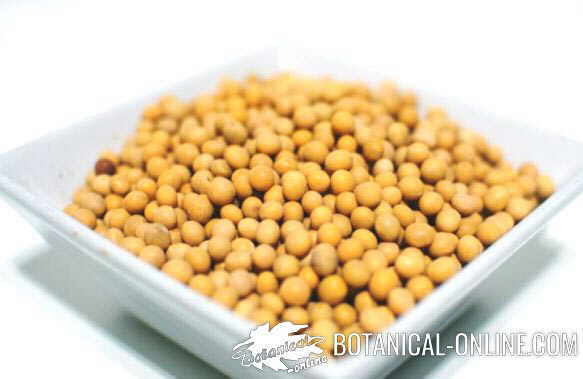Contents
Definition, functions, classification and types of nutrients
What are nutrients?
Nutrients are substances found in food that are essential for good health. There are different kinds of nutrients and each one has different functions.
Many times it is said that, in our body, nutrients would be equivalent to gasoline for a car. However, their importance is even greater because they become part of our body and are transformed into our bones, skin, blood, muscles, nails and hair. For this reason, as it says that famous phrase “we are what we eat”.
Functions of nutrients
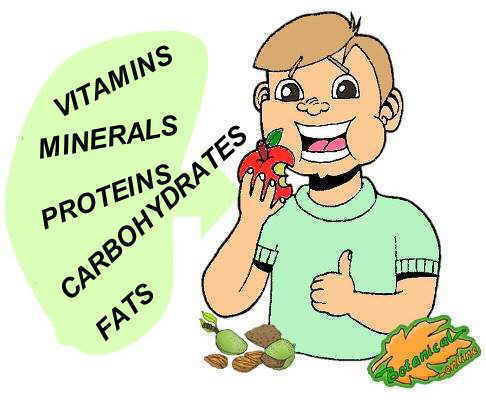
Nutrients are essential components for life that provide us with energy and, in addition, become part of our structures and our body. We are what we eat!
- Energetic functions: Our body needs nutrients to have the energy to function. If you lack energy, you will not be able to perform all the necessary activities and functions. If we do not put gasoline in the car, it does not work. If we do not eat and provide nutrients to our body, we will find ourselves tired and without strength. We will not feel like playing, studying, walking, etc.
- Structural functions: Nutrients are also necessary for the growth of bones, the renewal and maintenance of structures such as skin, bones, joints, etc.
- Metabolic functions: All the processes described above are performed through metabolic (= or biochemical) reactions. Nutrients, particularly vitamins and minerals, are essential for these reactions to occur. Without vitamins and minerals, we get sick.
- Reserve functions: Nutrients also have a storage or reserve function in case one day there is no food. For example, there is a reservoir of carbohydrates in the liver and muscles (called glycogen), a protein reserve (muscle), a reserve of calcium (bones), and many vitamins stored in the liver.
- Defensive functions: They allow the immune system to function properly and to eliminate toxic substances from the body.
What types of nutrients are there?
All natural foods contain the following types of nutrients:
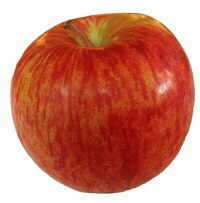
The apple has all types of nutrients, especially water (85%). Its protein content is very low (1%).
Other types of nutrients
There are foods, especially of vegetable origin, that provide “special” nutrients, they do not appear in the list or typical classification. It is, for example, fiber, which feeds intestinal bacteria and provides health benefits (prebiotic effect).
Another example would be the flavonoids and polyphenols in vegetables, fruits, herbs and spices. These components have beneficial properties for the organism, although they are not strictly nutrients.
Where are the nutrients?
The nutrients are found in food. There are many types of food, with different nutrients. As there are different types of nutrients, we have to eat from different food groups to have them all.
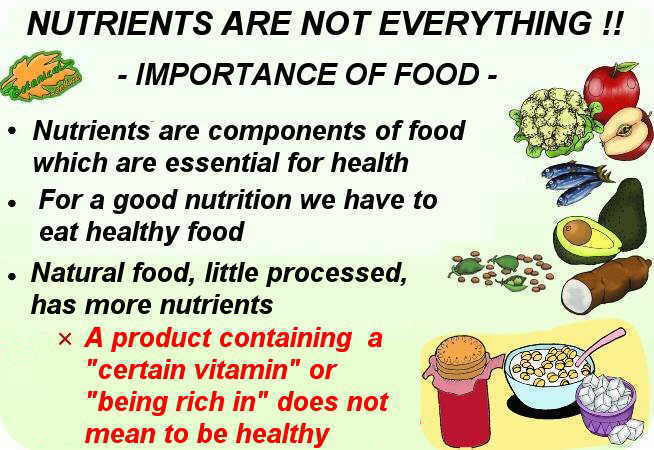
Infographic sheet with the properties of nutrients. For good nutrition you have to choose healthy foods.
How to choose the best foods or sources of nutrients?
The study of nutrients serves to know how human nutrition works, that is, the nutritional properties of food components, or how they nourish us. But it is extremely important not to lose sight of the fact that the nutrients are in the food and that, therefore, we will have to value the food for its whole and not only for a component that they contain.
What is nutritionism?
It is known as nutritionism when properties are attributed to food solely for its nutrients (vitamins, minerals, proteins, …), regardless of whether the global food is healthy or contains other components that are not healthy (trans fat). , a lot of salt, etc.).
For example, there are little recommended products on the market, such as drinks, sugary yogurts, nectars, snacks, wholegrain croissants and breakfast cereals, which are enriched in fiber, vitamins or calcium. This generates a lot of confusion because, as it contains added nutrients, it seems that they are healthy, however they are not. In addition, most times these enriched products provide no advantage over a healthy diet.
Currently there is a lot of childhood obesity due to a series of ultra processed food products that are junk food but are perceived as healthy because they have added nutrients.
Types of nutrients
Child feeding course index
![]() More information on nutrition.
More information on nutrition.

